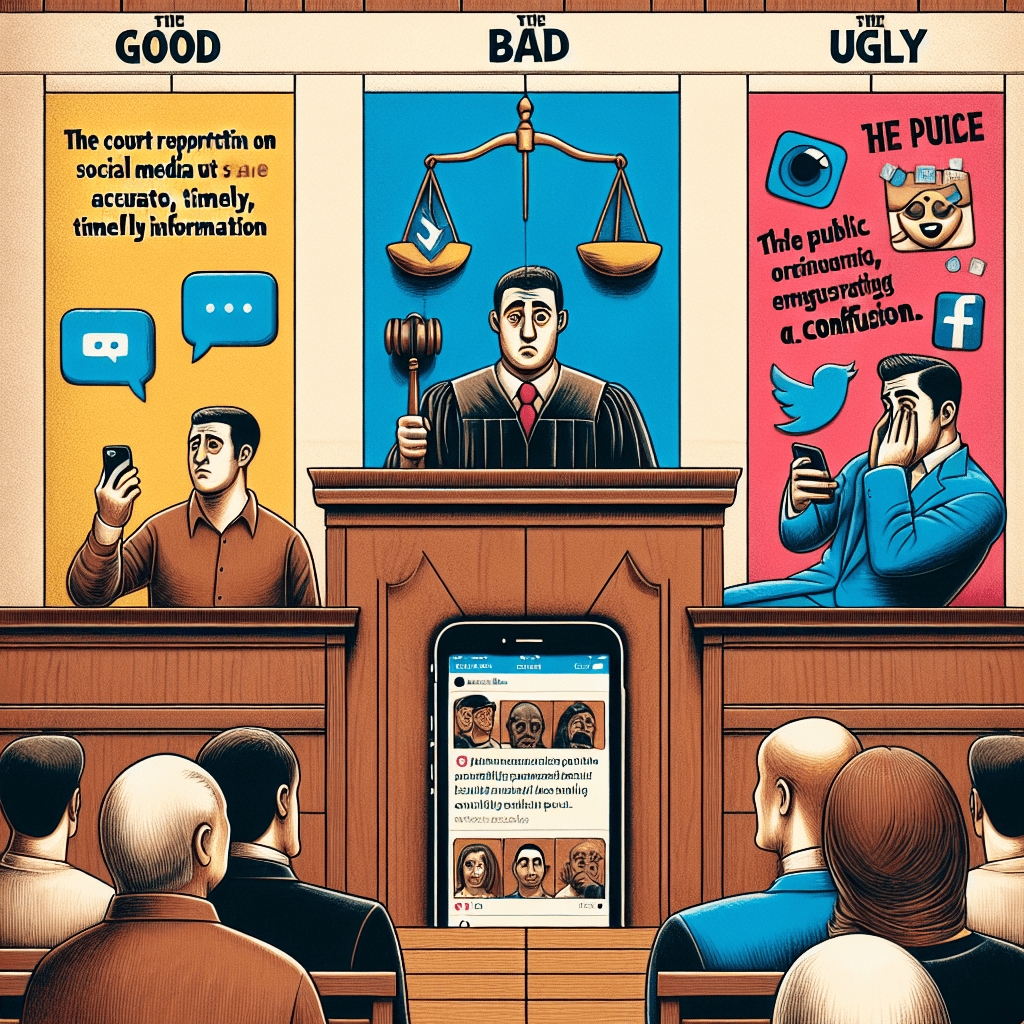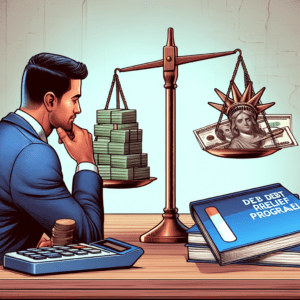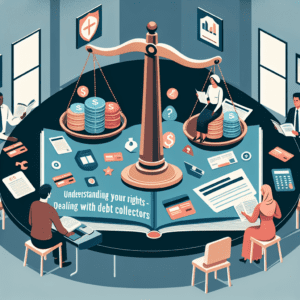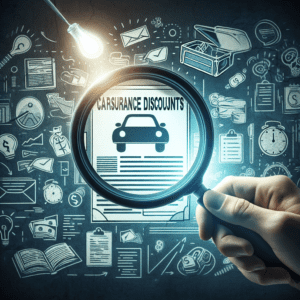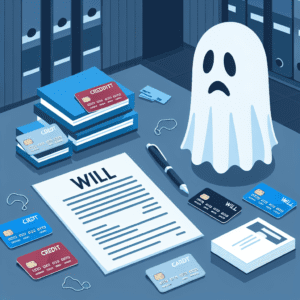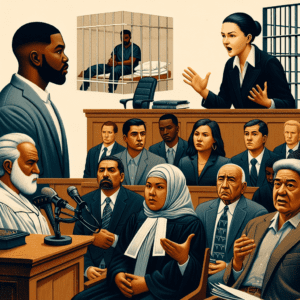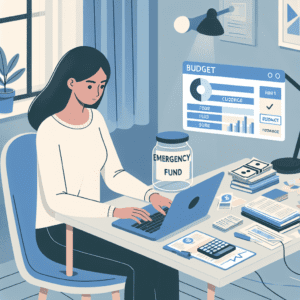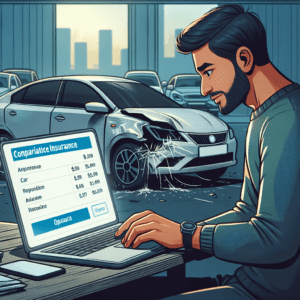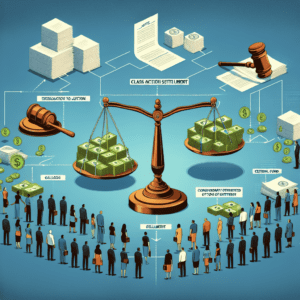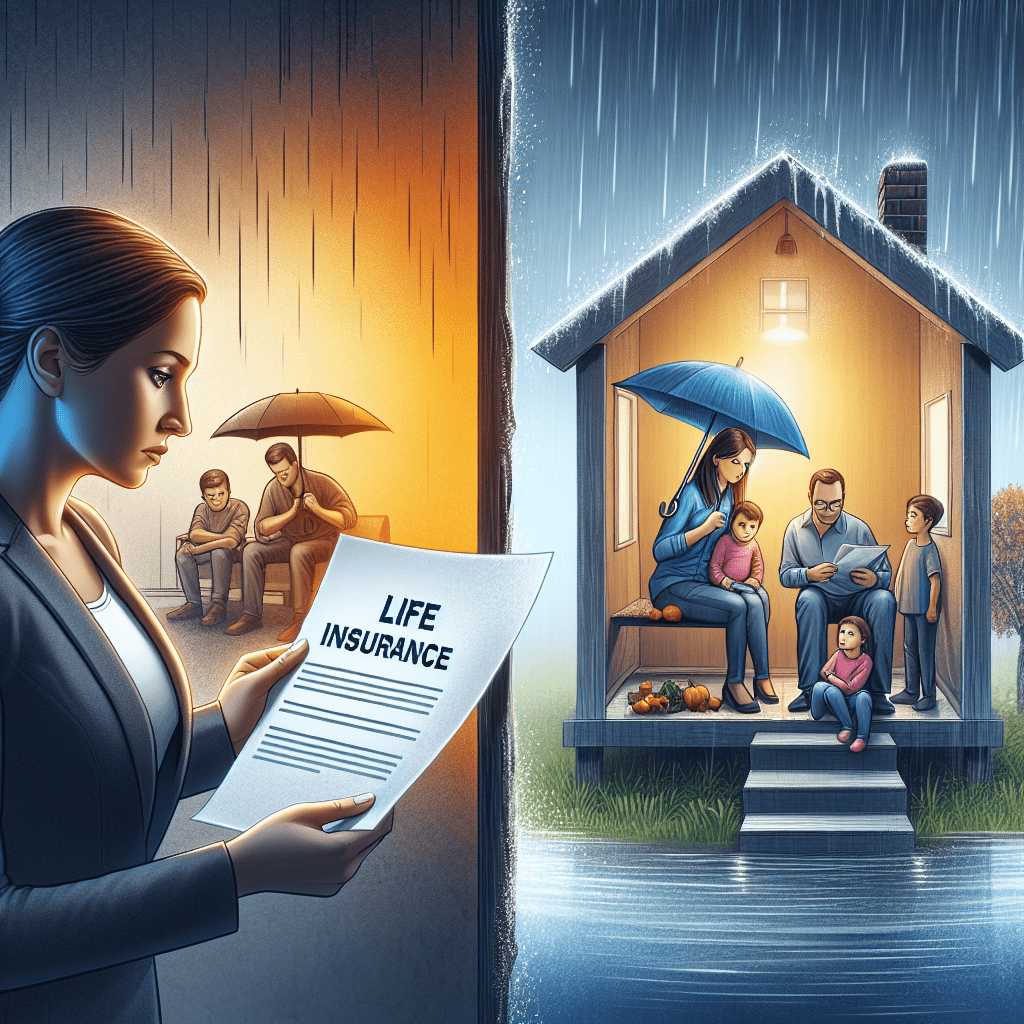“Social Media & Criminal Trials: Justice Amplified or Jeopardized?”
The Good: How Social Media Can Help Uncover Crucial Evidence in Criminal Trials
Social media has become an integral part of modern life, influencing various aspects of society, including the legal system. In criminal trials, social media can serve as a powerful tool for uncovering crucial evidence that may significantly impact the outcome of a case. As digital platforms continue to evolve, they provide new opportunities for law enforcement, legal professionals, and even the public to contribute to the pursuit of justice. By examining how social media can aid in criminal investigations and court proceedings, it becomes clear that these platforms can play a vital role in ensuring that the truth is revealed.
One of the most significant ways social media can assist in criminal trials is by providing access to digital evidence. Many individuals share personal details, photos, videos, and even location data on platforms such as Facebook, Instagram, and Twitter. In some cases, these posts can serve as critical pieces of evidence that help establish timelines, verify alibis, or contradict statements made by defendants or witnesses. For example, a suspect claiming to have been in one location at a specific time may be contradicted by a social media post showing them elsewhere. Similarly, a victim or witness may unknowingly capture relevant details in a photo or video that can later be used to support a case.
Beyond individual posts, social media can also facilitate the discovery of new witnesses. When law enforcement or legal teams share information about an ongoing investigation, it can reach a vast audience almost instantly. This widespread dissemination increases the likelihood that someone with relevant knowledge will come forward. In some cases, individuals who may not have realized they possessed valuable information can recognize its significance after seeing a post about the case. This ability to quickly and efficiently gather potential leads can be instrumental in solving crimes and ensuring that justice is served.
Additionally, social media can help law enforcement track criminal activity and identify suspects. Many criminals inadvertently leave digital footprints by discussing their actions online, sharing incriminating photos, or engaging in suspicious behavior. Investigators can monitor public posts, analyze patterns, and use this information to build stronger cases. In some instances, undercover operations on social media have led to the apprehension of individuals involved in illegal activities. By leveraging these digital tools, law enforcement agencies can enhance their investigative capabilities and improve their chances of securing convictions.
Moreover, social media can serve as a platform for public engagement, encouraging community involvement in criminal cases. When authorities share information about missing persons, wanted suspects, or ongoing investigations, the public can assist by providing tips or sharing posts to expand the reach of critical information. This collective effort can lead to breakthroughs that might not have been possible through traditional investigative methods alone. The ability to mobilize large groups of people in support of justice demonstrates the positive impact that social media can have on criminal trials.
While social media presents challenges in the legal system, its potential to uncover crucial evidence cannot be overlooked. By providing access to digital evidence, identifying new witnesses, aiding law enforcement investigations, and fostering public engagement, social media has proven to be a valuable asset in the pursuit of justice. As technology continues to advance, its role in criminal trials will likely become even more significant, reinforcing the importance of responsible and ethical use of digital platforms in legal proceedings.
The Bad: The Dangers of Jury Bias and Misinformation from Social Media
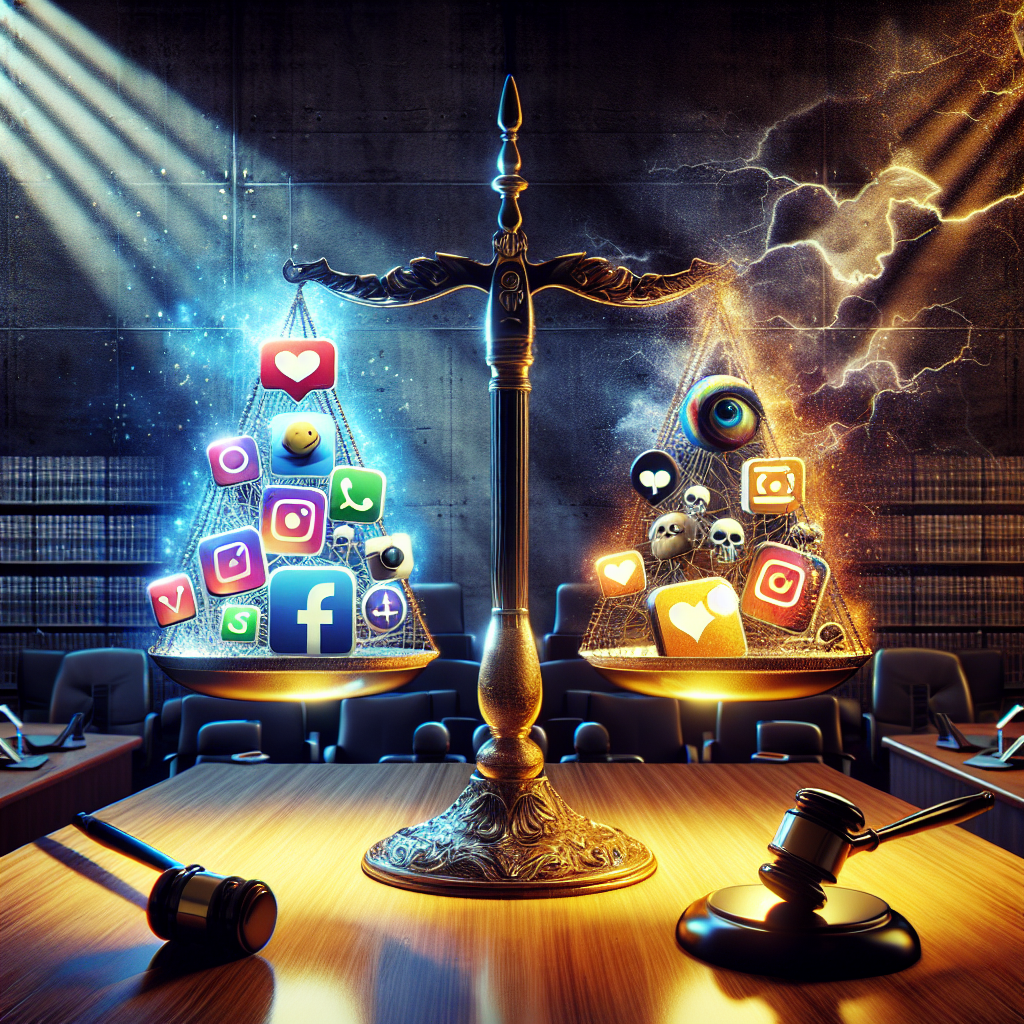
Social media has become an integral part of modern life, influencing public opinion, shaping narratives, and even affecting the judicial system. While it offers many benefits, its impact on criminal trials is not always positive. One of the most significant concerns is the potential for jury bias and the spread of misinformation, both of which can undermine the fairness of a trial. The ability of social media to rapidly disseminate information, whether accurate or not, poses a serious challenge to the integrity of the legal process.
One of the primary dangers of social media in the context of a criminal trial is the risk of jury bias. Jurors are expected to remain impartial, basing their decisions solely on the evidence presented in court. However, in an era where news spreads instantly and opinions are shared widely, it is increasingly difficult for jurors to avoid exposure to external information. Even when instructed by the court to refrain from researching the case or discussing it online, jurors may still encounter news articles, social media posts, or public commentary that could influence their perception of the defendant or the case itself. This exposure can create preconceived notions that may be difficult to set aside, ultimately jeopardizing the defendant’s right to a fair trial.
Furthermore, the spread of misinformation on social media can significantly impact public perception and, by extension, the jury’s perspective. False or misleading information can circulate rapidly, often gaining traction before the truth has a chance to emerge. In high-profile cases, speculation and rumors can dominate online discussions, leading to the formation of narratives that may not align with the actual evidence. When jurors come across such content, they may unconsciously incorporate these inaccuracies into their understanding of the case, even if they believe they are remaining objective. This can lead to decisions based on emotion or public sentiment rather than factual evidence and legal principles.
Another concerning aspect is the potential for social media to amplify public pressure on jurors. In some cases, jurors may feel influenced by the overwhelming opinions expressed online, particularly if a case has garnered significant media attention. The fear of backlash or criticism from the public can create an environment where jurors feel compelled to align their verdict with popular opinion rather than their own independent analysis of the evidence. This pressure can be especially pronounced in cases involving controversial issues, where strong emotions and polarized viewpoints dominate online discussions.
Additionally, social media can facilitate direct contact between jurors and external parties, further compromising the integrity of a trial. Jurors may receive messages from individuals attempting to sway their opinions, or they may engage in discussions about the case without realizing the potential consequences. Even seemingly innocent interactions, such as liking a post or following a news account covering the trial, can raise concerns about impartiality. Courts have recognized these risks and have implemented measures to prevent jurors from engaging with social media during a trial, but enforcement remains a challenge.
Ultimately, the dangers of jury bias and misinformation from social media highlight the need for continued vigilance in protecting the fairness of criminal trials. While social media is an unavoidable aspect of modern society, courts must take proactive steps to mitigate its influence on jurors. This may include stricter jury instructions, enhanced monitoring, and even reconsidering how high-profile cases are managed in the digital age. Ensuring that verdicts are based on evidence rather than external influence is essential to upholding the principles of justice.
The Ugly: When Social Media Leads to Public Outrage and Unfair Trials
In today’s digital age, social media has become a powerful tool for communication, information sharing, and public discourse. However, its influence on the criminal justice system, particularly in high-profile trials, can be deeply problematic. While social media can raise awareness and provide transparency, it can also lead to public outrage that undermines the fairness of legal proceedings. When emotions run high and misinformation spreads rapidly, the ability to conduct an impartial trial can be severely compromised.
One of the most concerning aspects of social media’s impact on criminal trials is the way it can shape public perception before a case even reaches the courtroom. High-profile cases often attract intense scrutiny, with users on platforms such as Twitter, Facebook, and TikTok forming strong opinions based on limited or biased information. In some instances, viral posts and trending hashtags create a narrative that may not align with the actual evidence presented in court. This widespread public discourse can pressure legal professionals, including judges and jurors, to consider external opinions rather than focusing solely on the facts of the case.
Furthermore, the rapid spread of misinformation on social media can be particularly damaging. False or misleading claims about a defendant, victim, or key witnesses can circulate widely, influencing public sentiment and potentially tainting the jury pool. Even when courts take steps to ensure a fair trial, such as issuing gag orders or sequestering jurors, it is nearly impossible to shield participants from the overwhelming presence of social media discussions. Jurors, despite being instructed to avoid outside information, may still come across prejudicial content that affects their ability to remain impartial.
In addition to influencing jurors, social media can also place undue pressure on legal professionals. Prosecutors and defense attorneys may find themselves navigating a trial not only in the courtroom but also in the court of public opinion. When public outrage reaches a fever pitch, there is a risk that legal strategies will be influenced by external pressures rather than by the pursuit of justice. Judges, too, may face scrutiny, with their decisions being dissected and criticized online, sometimes leading to threats or harassment. This environment can make it difficult for legal professionals to perform their duties without fear of backlash.
Another troubling consequence of social media’s role in criminal trials is the potential for doxxing and harassment. In particularly contentious cases, individuals involved in the trial—whether they are defendants, attorneys, witnesses, or even jurors—may become targets of online attacks. Personal information can be leaked, leading to threats and intimidation that can have real-world consequences. This not only endangers those involved but also discourages witnesses from coming forward, ultimately hindering the pursuit of justice.
Ultimately, while social media has the potential to bring attention to important legal issues, its unchecked influence on criminal trials presents significant challenges. The spread of misinformation, the pressure on legal professionals, and the risk of harassment all contribute to an environment where fair trials become increasingly difficult to achieve. As society continues to grapple with the intersection of technology and justice, it is crucial to find ways to mitigate these negative effects while preserving the integrity of the legal system.

